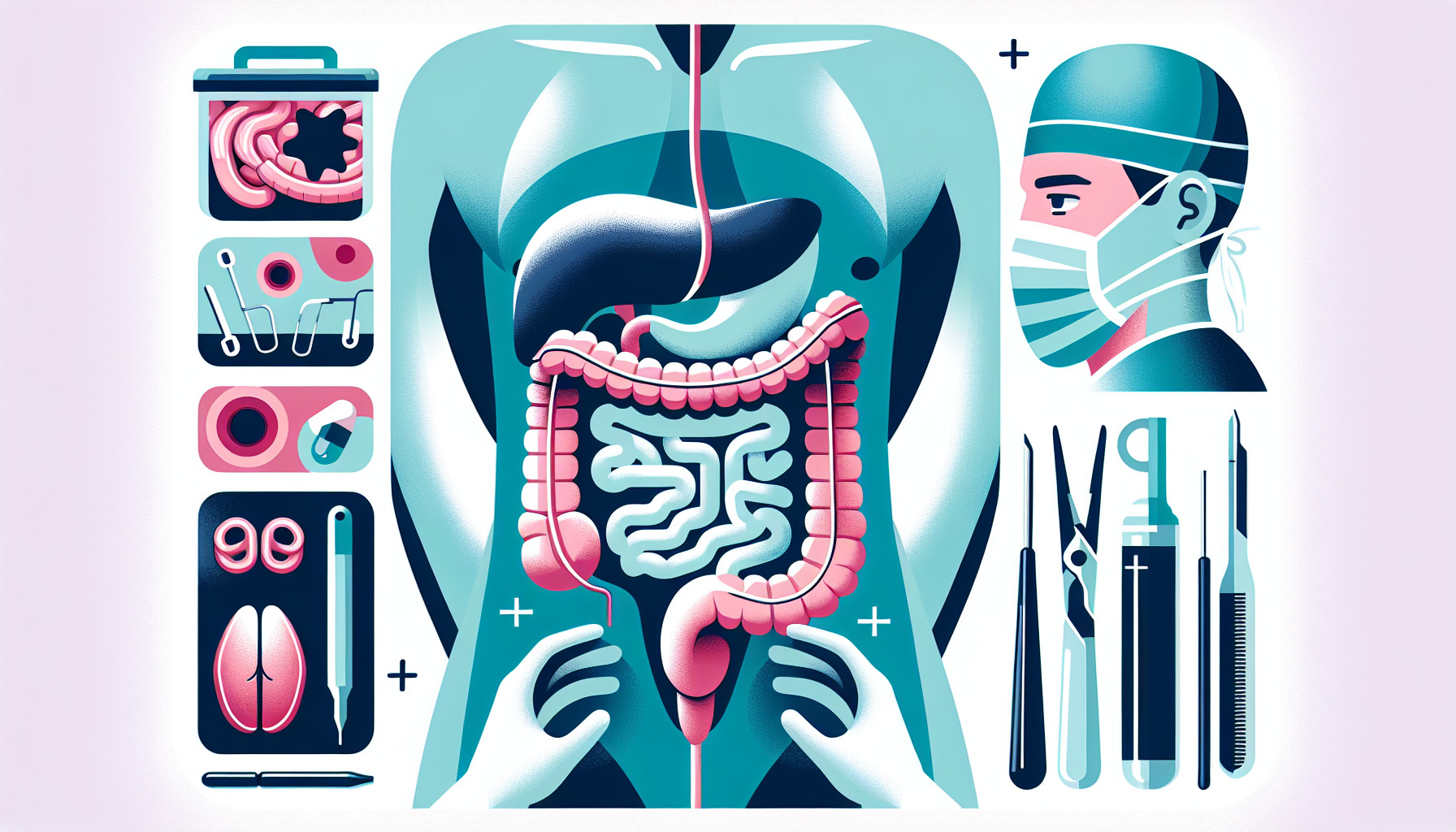Our Summary
This study discusses a type of parasitic infection called Strongyloides hyperinfection, which can be deadly for people who have had organ transplants. The researchers wanted to see how effective a universal screening program was at catching these infections at a hospital in South Florida, rather than just screening people who were known to be at risk.
They screened 66 children who had received either a liver or intestine transplant and found only three who tested positive for the parasite. Two of these kids had already been identified as at risk. Thankfully, none developed a severe infection.
The study concluded that the risk of complications from this parasite is low, even for people in South Florida who are often in contact with those who have been infected. It’s still up for debate whether it’s better to test everyone, just those at high risk, or to give preventative treatment to everyone. This decision should consider the specific patient population, how common the disease is, and the potential severity of the disease.
FAQs
- What is Strongyloides hyperinfection and why is it dangerous for organ transplant recipients?
- What were the results of the universal screening program for Strongyloides hyperinfection in the South Florida hospital study?
- What factors should be considered in deciding whether to test everyone, only those at high risk, or to give preventative treatment for Strongyloides hyperinfection?
Doctor’s Tip
A doctor might tell a patient considering an intestinal transplant to discuss the possibility of parasitic infections like Strongyloides hyperinfection with their healthcare team. They may recommend regular screenings for parasites, especially for those who are at higher risk, to ensure early detection and treatment if necessary. Additionally, following proper hygiene practices and avoiding contact with potentially contaminated soil or water can help reduce the risk of parasitic infections post-transplant.
Suitable For
Intestinal transplant patients are typically recommended for intestinal transplant if they have conditions such as:
Short bowel syndrome: This condition occurs when a significant portion of the small intestine is missing or non-functional, leading to malabsorption of nutrients and fluids.
Intestinal failure: When the intestine is unable to perform its normal digestive and absorptive functions due to various reasons such as inflammation, obstruction, or motility disorders.
Chronic intestinal pseudo-obstruction: This condition causes symptoms similar to those of a bowel obstruction, but without any physical blockage in the intestine.
Intestinal dysmotility disorders: Conditions that affect the normal movement of the intestine, leading to issues with digestion and absorption of nutrients.
Inflammatory bowel disease: Severe cases of Crohn’s disease or ulcerative colitis that do not respond to other treatments may require an intestinal transplant.
Intestinal tumors: In some cases, tumors in the intestine may necessitate the removal of a portion of the intestine and the need for a transplant.
Intestinal vascular disorders: Conditions that affect the blood supply to the intestine, leading to tissue damage and potential need for a transplant.
Overall, intestinal transplants are considered for patients with severe intestinal dysfunction that cannot be managed effectively with other treatments. Each case is unique, and the decision to recommend a transplant is based on the individual patient’s medical history, current condition, and prognosis.
Timeline
Before intestinal transplant:
- Patient is diagnosed with a severe intestinal disease or dysfunction that cannot be treated through other means
- Patient undergoes extensive medical evaluations and testing to determine if they are a candidate for transplant
- Patient is placed on a waiting list for a suitable donor intestine
- Patient may experience worsening symptoms and complications while waiting for a transplant
- Patient undergoes the intestinal transplant surgery, which is a complex and high-risk procedure
After intestinal transplant:
- Patient is closely monitored in the hospital for complications and to ensure the new intestine is functioning properly
- Patient may experience complications such as rejection of the transplanted organ, infections, or side effects from immunosuppressive medications
- Patient undergoes extensive rehabilitation and follow-up care to adjust to life with a new intestine
- Patient may need to make significant lifestyle changes, such as dietary restrictions and medication management
- Patient may experience improvements in their overall health and quality of life, but will need lifelong medical care and monitoring to prevent complications and ensure the success of the transplant.
What to Ask Your Doctor
- What is the likelihood of developing a parasitic infection like Strongyloides hyperinfection after an intestinal transplant?
- What are the symptoms of Strongyloides hyperinfection and how is it diagnosed?
- How often should I be screened for parasitic infections post-transplant?
- What are the treatment options if I do test positive for a parasitic infection?
- How can I prevent parasitic infections following an intestinal transplant?
- Are there any specific precautions I should take to avoid exposure to parasites in my daily life?
- What is the risk of complications from parasitic infections in my area or region?
- How common is Strongyloides hyperinfection in transplant patients, and what are the potential consequences if left untreated?
- Are there any specific dietary or lifestyle changes I should make to reduce my risk of parasitic infections?
- Should I consider taking preventative medication for parasitic infections, and if so, what are the potential side effects or risks associated with this treatment?
Reference
Authors: Chatani B, Selvaggi G, Garcia J, Gonzalez IA. Journal: Pediatr Transplant. 2021 Sep;25(6):e14039. doi: 10.1111/petr.14039. Epub 2021 May 18. PMID: 34003552
